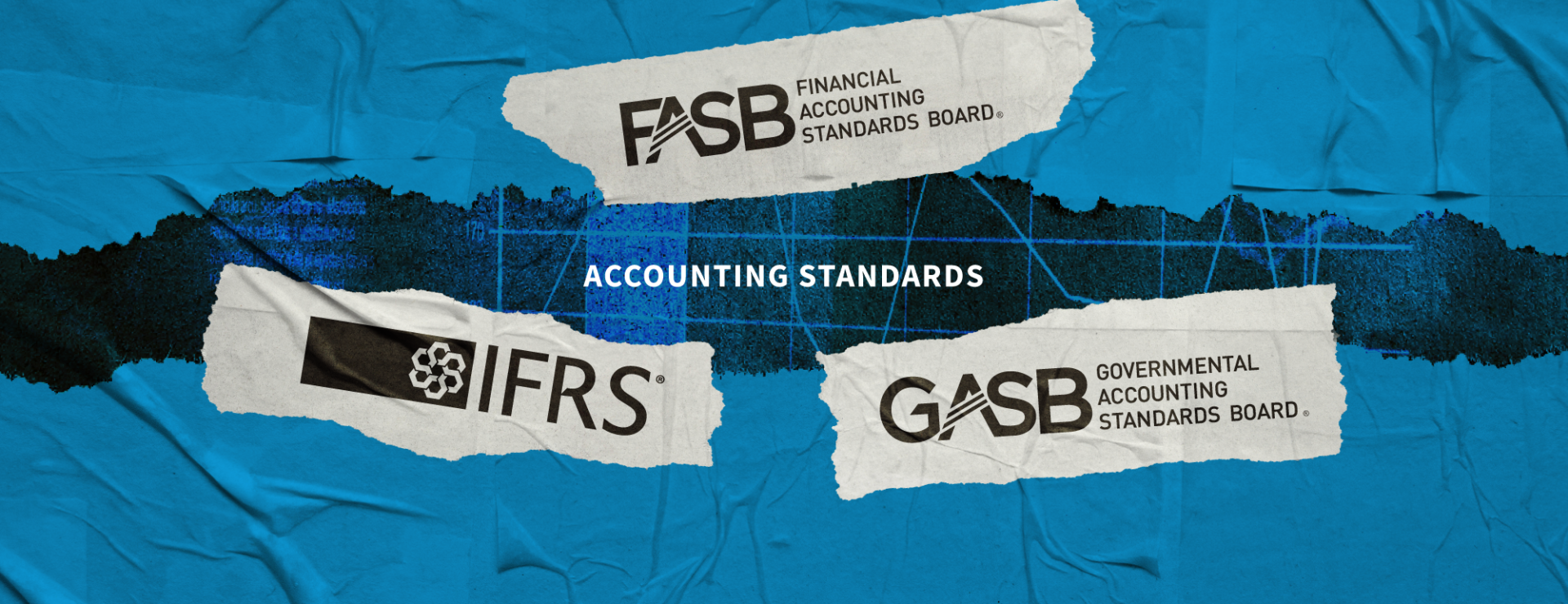Seven years and three controversial proposals later, US accounting standard-setters voted Wednesday to require companies to tell the public more about the taxes they pay.
Starting as soon as 2025, company annual financial reports will have to include the year-to-date amount of income tax paid, net of refunds received, to state, federal, and foreign taxing authorities, a unanimous Financial Accounting Standards Board agreed.
If a company pays at least 5% of total tax payments to any country or jurisdiction, it will have to list the country or state individually and to disclose the amount of tax paid, also annually.
“A lot of the tax area is a blind spot for investors,” FASB member Frederick Cannon said. “I believe this project can address those issues by allowing investors to get a better view of the risks and opportunities in income tax.”
The new disclosure requirements—expected to be published by year-end—stem from years of complaints from investors and analysts that the lump sum financial statement income tax disclosures companies give don’t offer enough insight into their tax exposure. That’s a problem for businesses with overseas operations; if a country raises tax rates where a company operates, that’s money on the line. US companies currently are required to provide in their financial statements a total of the cash taxes they pay, but they don’t have to give a country or state breakdown.
FASB’s March proposal called for requiring state, federal, and foreign income tax totals quarterly, but the board voted Wednesday to reduce the frequency to annually.
The forthcoming requirements will give investors “a peek inside the black box of income taxes,” FASB member Christine Botosan said.
Extra Details
Public companies will have to comply with the new requirements in fiscal years beginning after Dec. 15, 2024, meaning 2025 for calendar year-end companies. Quarterly disclosures won’t kick in for another year. Private companies will have an extra year for both annual and interim disclosures
Publicly traded companies also will have to add extra details in the tax rate reconciliation section, a table tucked into their financial statements that reconciles their statutory tax rates to their effective tax rate. In the table, public companies will be required to disclose state and local income tax, net of federal income tax effect, foreign tax effect, enactment of new tax laws, effect of cross-border tax laws, tax credits, valuation allowances, nontaxable or nondeductible items, and changes in unrecognized tax benefits, FASB agreed.
The proposal also streamlines some of the wording companies use in the rate table so it will be easier for analysts to compare companies.
FASB largely confirmed the bulk of what the board proposed in March,but added some clarifications in response to public feedback. In one notable change, board members agreed that companies would not have to disclose comparative information for all years presented, including countries or jurisdictions that exceeded 5% of payments in prior years but not in the current reporting year.
FASB also amended how companies will have to first comply with the new disclosure. The proposal called for retrospective adoption, meaning businesses would have to recast prior period information to reflect the new requirements. After hearing from businesses that complying would be onerously difficult, FASB said it would make retrospective adoption optional.
Long road
Financial reporting requirements for income taxes, as outlined in ASC 740,are some of the most complex—and controversial—elements of accounting. FASB’s push to increase tax transparency has been a long, contentious journey.
FASB issued its first proposal on the topic in 2016, calling on companies to disclose income taxes paid for any foreign jurisdiction that was “significant” to total income taxes paid. Multinational companies balked at the idea of sharing so many new tax details. The 2017 federal tax overhaul then made parts of the plan obsolete, so FASB tabled the proposal.
The accounting board regrouped in 2019 with a new plan, this time telling companies to break down income taxes between domestic and a catch-all “foreign” category, but the plan didn’t require a breakdown of individual countries or jurisdictions. Investors told FASB lumping all countries into one category wouldn’t help them at all. Then came the coronavirus pandemic, and many FASB projects were put on hold.
In reviving the tax disclosure plan last year, FASB sought a balance between those who want companies to increase transparency about the taxes they pay versus what’s practical for businesses to provide. But it still drew strong opposition. A group of GOP lawmakers in July told FASB to nix the plan, sayingit was a “a politicized effort to name-and-shame companies and influence tax policy. The CFA Institute, a prominent investor advocacy organization, expressed skepticism that the plan as written would lead to any improvements at all, saying the proposal falls “far short” of what investors need.
FASB’s decisions to make retrospective transition optional and to push out the effective date to 2025 make it slightly easier for businesses to comply, said Anne Gordon, vice president for international tax policy at the National Foreign Trade Council. But implementing the new requirements will nonetheless be expensive and time-consuming, she said.
“We are overall not happy,” Gordon said. “It is less bad than it was four hours ago. But this is still going to be a challenge to comply with.”








